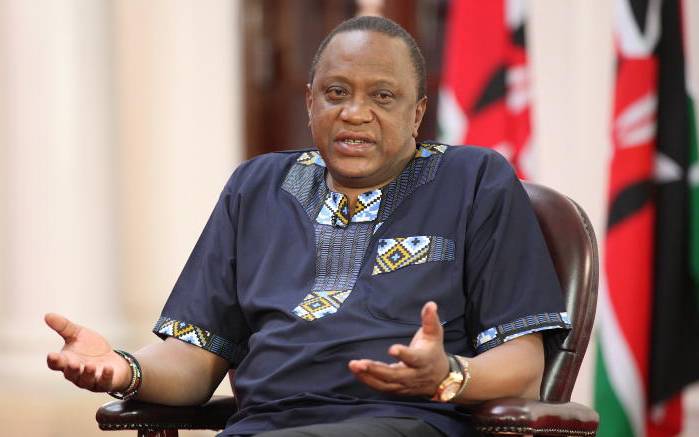×
The Standard e-Paper
Home To Bold Columnists

President Uhuru Kenyatta spoke exclusively with KTN News on the role that the manufacturing sector is set to play in achieving his ambitious legacy projects under the broad Big Four agenda. The following are President Kenyatta’s insights on the progress so far and what his vision means for the country.
Q. How will the Big Four agenda impact mwananchi?